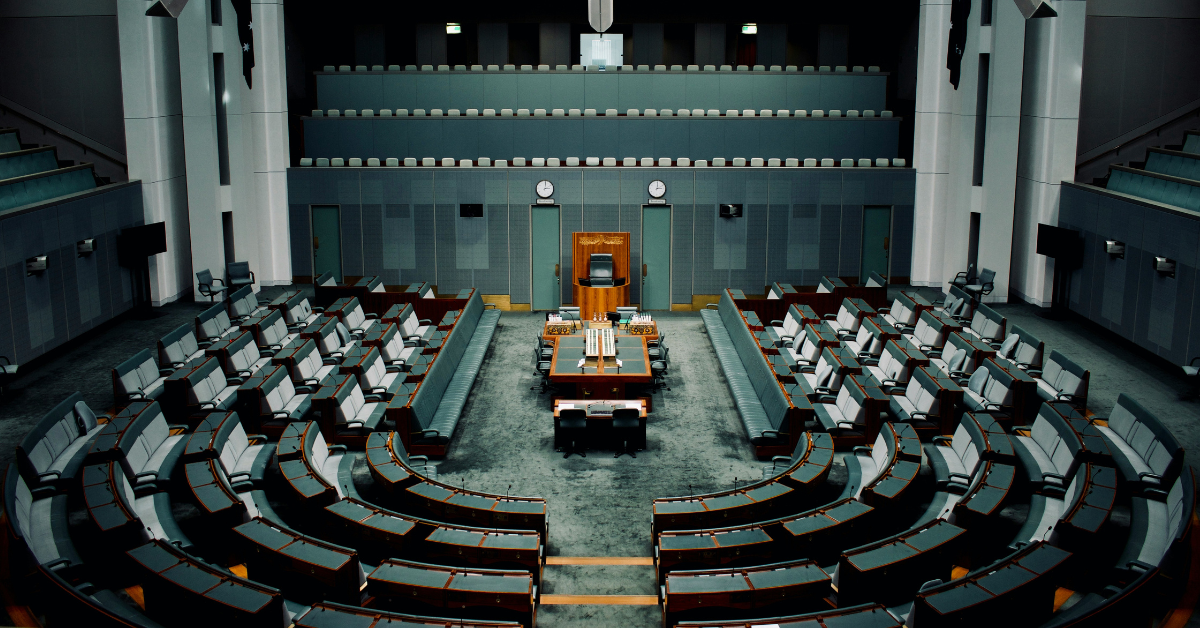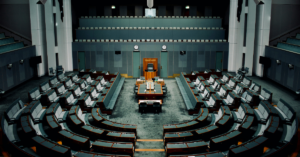

Embarking on a career in politics is no small feat. It demands navigating intricate policy issues, engaging with diverse communities, and making decisions with profound consequences. To thrive in this challenging environment, individuals require an education that is both comprehensive and versatile. One such educational path that cultivates the necessary skills, knowledge, and values for success in politics is a liberal arts degree.
What is a liberal arts degree?
A liberal arts degree offers a holistic program of study that spans literature, history, philosophy, and both natural and social sciences. It encourages students to delve into diverse perspectives, challenge assumptions, and engage in interdisciplinary inquiry. These experiences cultivate superior critical thinking, communication, and problem-solving skills. By nurturing intellectual curiosity and adaptability, a liberal arts education provides individuals with the tools to navigate complex challenges and make meaningful contributions to society, particularly in politics.
Critical Thinking and Problem-Solving Skills
At the heart of a liberal arts education are critical thinking and problem-solving skills. These skills are indispensable for understanding complex policy issues and grasping the broader implications of policy decisions. Students who hone their critical thinking during their undergraduate years are better prepared to develop compelling arguments and defend their positions, whether they serve as lobbyists, policy analysts, or elected officials.
Communication and Social Awareness Skills
Effective communication is paramount in the political realm. Whether an individual is involved in a campaign, crafting legislation, or engaging with constituents, the ability to communicate effectively is key. A liberal arts education fosters these skills through coursework in writing, public speaking, and media studies, ensuring that individuals can articulate their ideas clearly and persuasively.
Interdisciplinary Knowledge
The interdisciplinary nature of a liberal arts degree equips individuals to tackle the diverse range of issues and policy areas they may encounter in politics. Courses in history and political philosophy offer insights into the social, cultural, and historical factors that influence policy decisions. This depth of knowledge is invaluable for those working in government agencies or on policy initiatives that intersect with these areas.
Social Responsibility and Civic Engagement
A liberal arts education also instils a sense of social responsibility and civic engagement, qualities that are crucial for success in politics. Courses in ethics, political theory, and social justice inspire individuals to develop a sense of purpose and commitment to public service. This commitment not only drives them to make a difference but also resonates with constituents, enhancing their credibility and effectiveness as political leaders.
Getting from Liberal Arts to Politics
Many liberal arts graduates go straight into jobs in government, such as speechwriting and political administration. Some also enter graduate programs offered by state and federal government departments. For those wanting to specialise in further study, postgraduate degrees include options like a Graduate Certificate of Diplomacy, Graduate Certificate in International Development, and Master of International Relations.
By embracing the liberal arts, aspiring politicians can acquire a well-rounded education that equips them with the skills, knowledge, and values needed to excel in the complex and dynamic world of politics. Whether navigating policy issues, engaging with constituents, or crafting legislation, the foundation provided by a liberal arts degree serves as a catalyst for success and meaningful impact.





